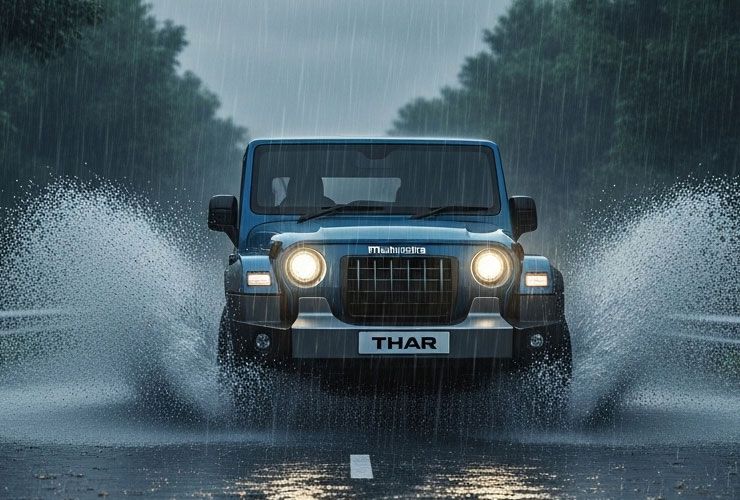Mahindra: Will NOT Deny Warranty Claims Arising From Cars Using E20 Petrol


Mahindra & Mahindra has confirmed that it will continue to honour warranty claims for vehicles running on E20 petrol. The clarification comes as the nationwide rollout of 20 percent ethanol-blended petrol has raised concerns among vehicle owners about possible warranty disputes and long-term engine impact.

In a note to customers and dealers, Mahindra stated that all of its petrol engines meet current fuel standards and are safe to operate with E20. The company said vehicles built before April 1, 2025, may show slight differences in acceleration or fuel economy depending on usage, but remain fully functional and covered under warranty.
Models produced after that date have been calibrated to run on E20 without performance variations. This reflects the wider industry shift as manufacturers adapt engine management systems to handle higher ethanol content in fuel.

The issue of petrol blending affects only a minority of Mahindra customers. The company’s sales are dominated by diesel-powered SUVs, which accounted for about 77 percent of its total 5.5 lakh units sold in FY2024-25. Petrol vehicles represented just over 20 percent of sales, or a little more than 1.1 lakh units.
Popular Mahindra models such as the Scorpio N, Scorpio Classic, Thar, Bolero, and the majority of XUV700 variants are sold mainly with diesel engines. The company’s petrol-heavy offerings are limited, with the XUV 3XO being the only model where petrol variants outsell diesel.

The rollout of E20 has triggered debate among motorists. Many drivers have reported noticeable drops in fuel efficiency, in some cases claiming 15 to 20 percent reductions. Official testing agencies, however, maintain that the impact on efficiency should be in the range of 1 to 2 percent. This difference between laboratory data and real-world reports has created uncertainty, prompting manufacturers to issue clarifications.
Mahindra’s statement follows similar moves by other automakers as they address questions from customers about how the new fuel might affect vehicle performance, maintenance costs, and warranty claims.
The government began introducing E20 petrol at select outlets in 2023 and completed the nationwide rollout in April 2025. The policy is aimed at cutting fossil fuel imports, reducing emissions, and creating new markets for crops such as sugarcane and corn.
For the automotive sector, the transition has meant updating engine technologies and fuel standards. Vehicles built in recent years have been designed to accommodate ethanol blends, while older models may show minor performance differences but are considered safe to operate.
For Mahindra customers, the company’s clarification removes doubts about whether warranty claims could be denied due to the use of E20. With most of its portfolio focused on diesel, only a limited share of buyers is directly affected, but the assurance provides clarity at a time when fuel changes are raising broader questions for the industry.